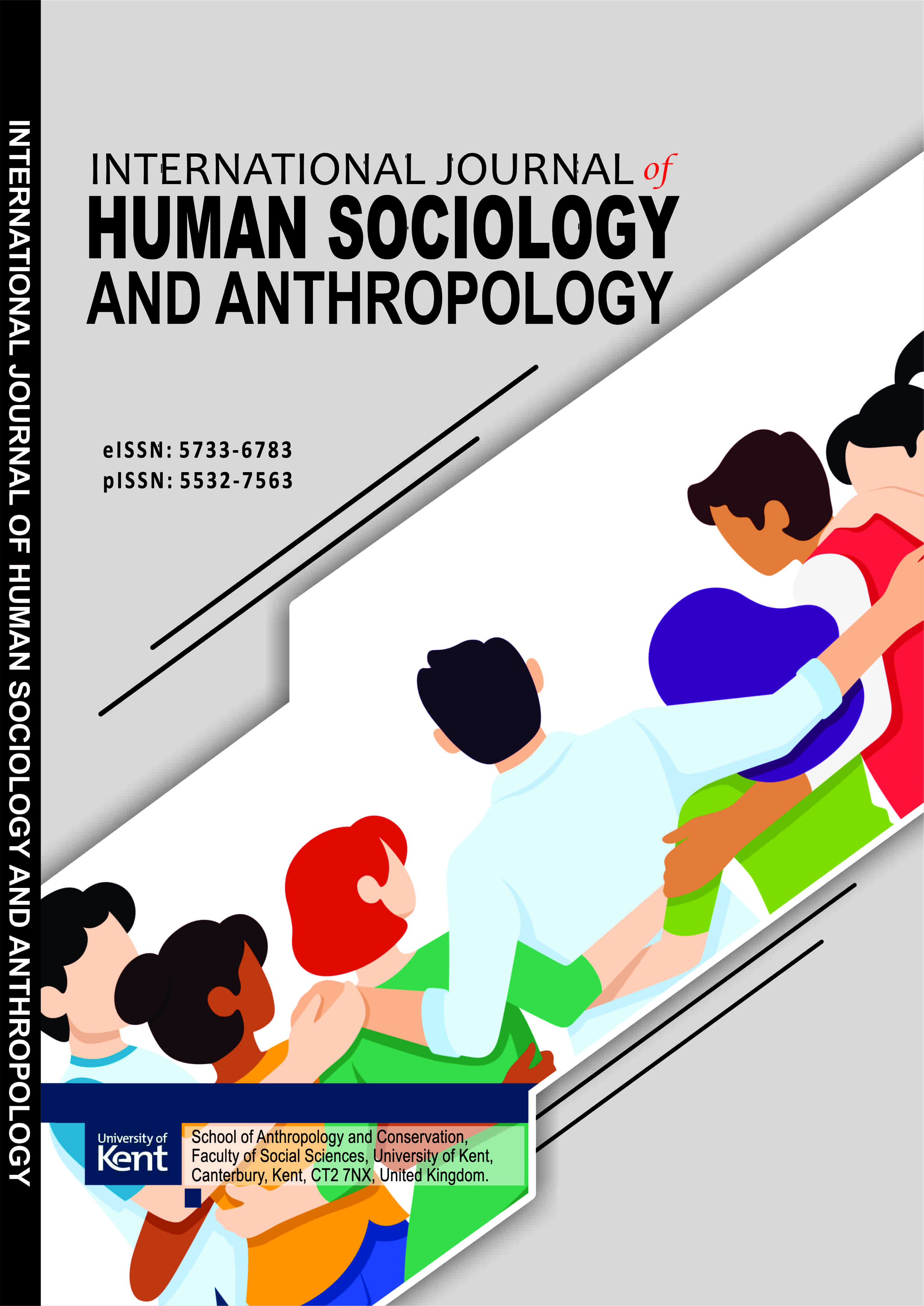INTERNATIONAL JOURNAL FOR HUMAN SOCIOLOGY AND ANTHROPOLOGY (IJHSA)
CLASSROOM MANAGEMENT STRATEGIES IN CURBING DISCIPLINARY PROBLEM IN PUBLIC SENIOR SECONDARY SCHOOLS IN RIVERS STATE
E-ISSN: 5733-6783
P-ISSN: 5532-7563
DOI: https://iigdpublishers.com/journals/154
The study investigated classroom management strategies in curbing disciplinary problems in public senior secondary schools in Rivers State. A descriptive survey design was adopted in the study, and the population of the study consisted of 6174 teachers in 311 public senior secondary schools of Rivers State. The sample for this study was 741 teachers. The simple random sampling technique was adopted to obtain the said sample, representing 12% of the total population of the study. The instrument that was used for this study was a self-structured questionnaire titled “Classroom Management Strategies in Curbing Disciplinary Problems Questionnaire (CMSCDPQ)” and it was designed for this study by the researcher and addressed to the respondents with structured questions developed based on the objectives of the study. The questionnaire adopted a 4-point rating scale with the following values; Very High Extent (VHE), High Extent (HE), Low Extent (LE), Very Low Extent (VLE) for the research question. The reliability of the instrument was ascertained using Cronbach Alpha method. The reliability co- efficient obtained for each of the sections were 0.79, 0.76, and 0.75 respectively. The average reliability index was 0.77 which showed the items were reliable. Out of the 741 copies of the questionnaire administered, 637 copies were retrieved by the researcher with the help of two trained research assistants at a date and time agreed upon with the respondents, which (SD) was used in answering the research questions, while t-test inferential statistics was used in testing the hypotheses formulated for the study at 0.05 level of significance. It concluded that classroom management strategies play a crucial role in curbing disciplinary measures in public senior secondary schools in Rivers State. By implementing a combination of proactive techniques, such as clear expectations and engaging teaching methods, educators can create conducive learning environment that reduces the need for disciplinary measures. These strategies not only enhance student behavior but also promote a more productive and harmonious educational experience, ultimately benefiting both students and teachers in the long run. It recommended among others that state government should improve classroom management by providing teachers with comprehensive training on a range of strategies, including counseling and support services, as well as the effective implementation of rules and regulations through workshops and in-service training.
Yellowe Annette N. PhD & Nwuke ThankGod James PhD
Aboh, J.U., Nwankwo, C.A.& Agu C.E. (2014). A study of factors influencing maladaptive behaviour among high school students International Journal of Psychology and Behavioral Sciences 2014; 4(6): 215-220
Adesina S. (1990). Educational Management. Nigeria: Fourth Dimension. Publishing Co. Limited.
Adeyemo, D. A. (2014). The influence of classroom management on students' academic performance in selected secondary schools in Ibadan, Nigeria. European Journal of Research and Reflection in Educational Sciences, 2(3), 22-34.
Afolayan, A. A. (2017). The role of cultural sensitivity in classroom management: Lessons from Nigerian schools. International Journal of Educational Research and Development, 3(2), 15-28.
Akinpelu, A. J. (2019). Parent involvement in conflict resolution in Nigerian secondary schools. International Journal of Educational Research and Development, 5(2), 56-68.
